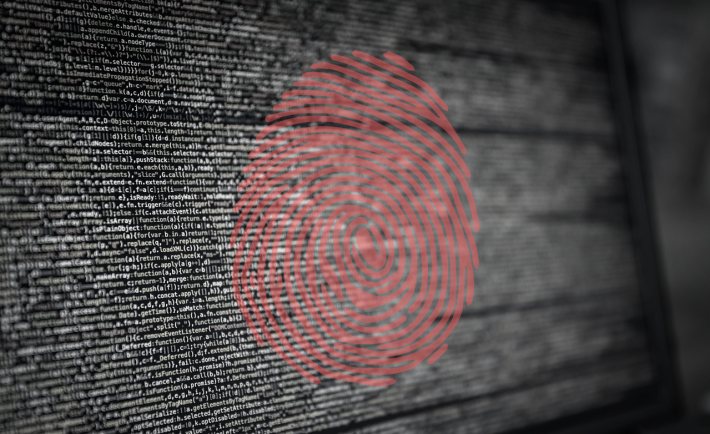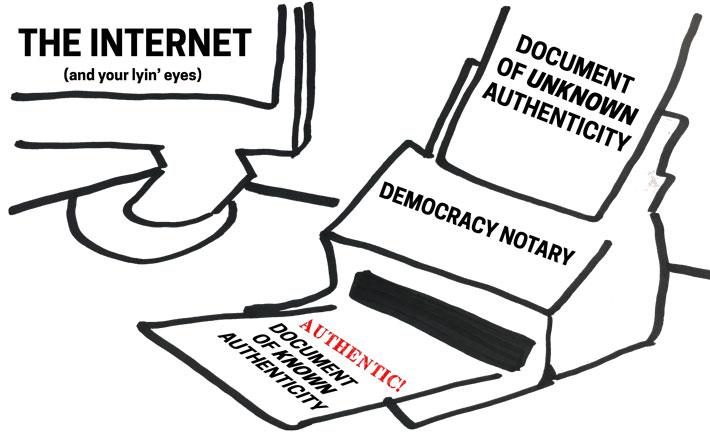Online disinformation and computational propaganda can have major effects, particularly in volatile political environments where public opinion can be shifted to a narrative pushed by a group with access to personal data from target populations. The power of online systems to shift elections or referenda is the lesson of many recent political campaigns in history. That reality has shown the importance of strong institutions, laws that are capable of shifting with ongoing technological and political innovation, and better corporate governance.
How building data protection regimes can counter disinformation
Sorting Truth from Truthiness in the Digital Age
“Who you gonna believe” – as the comics say – “me, or your lyin’ eyes?” When it comes to politics, cognitive bias has always given citizens a strong push to believe “their side,” whatever the evidence to the contrary suggests. As disinformation swamps the internet, the problem has become much worse with lyin’ evidence that’s all too easy to believe. Increasingly, information is forged or manipulated. Convincing but fake, this disinformation fuels hyper-partisan hatred, bolsters conspiracy theories and undermines critical democratic institutions. But identifying disinformation is only one piece of the puzzle. What we need is a way to stop forged information entirely; a way to prove that content is original and legitimate.
A Force Multiplier for Democracy in the Digital Age
In countries and communities around the world, defenders of democracy are working to understand and respond to the ways that technology is impacting political and electoral processes. With every election or political event, democracy’s defenders are capturing new lessons on how democracy can weather evolving threats and even thrive in the digital age. Despite this growing body of projects and the commitment of local actors in countries around the world, responses to evolving digital challenges to date often lack coordination. But both globally and regionally, key democracy stakeholders haven’t had a proper channel for information-sharing, research coordination, and advancing shared priorities at the intersection of tech and democracy. So we’re building one, as a community.



_1_0.jpg)